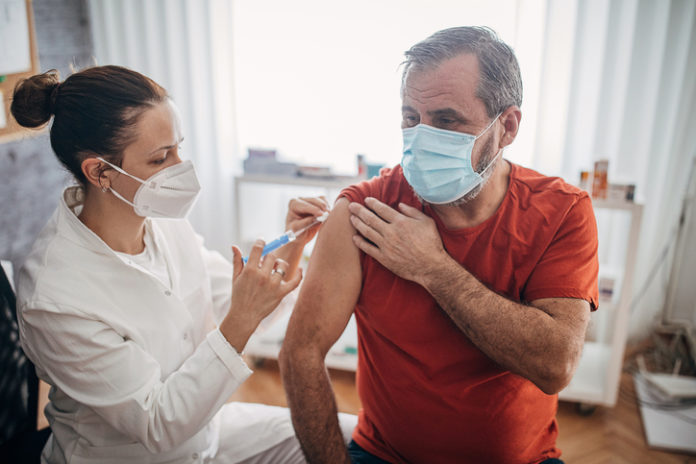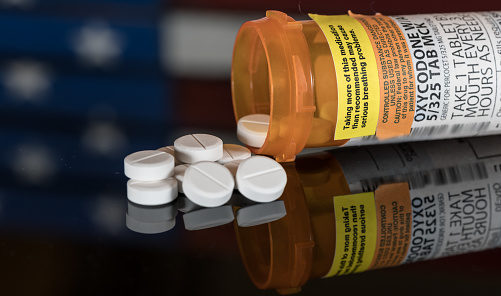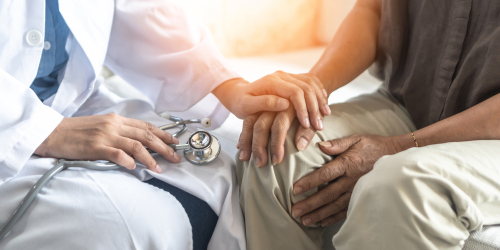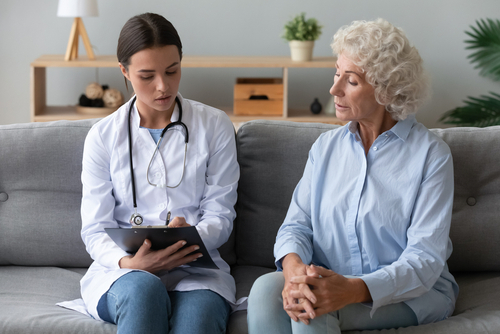Although about half of patients with autoimmune diseases are willing to get the COVID-19 vaccine, about a third remain uncertain about it, according to a study, suggesting there is an opportunity for healthcare professionals to provide education to their patients.
“Importantly, the willingness to get vaccinated against SARS-CoV-2 increased when vaccination was recommended by a physician, and the most trusted health-care professionals was the specialist physician. These data show the crucial and timely role of rheumatologists in vaccination uptake,” the study authors observed.
The VAXICOV (VAccinations against COVid-19) study was an international study of patients with autoimmune diseases and healthcare professionals (who did not have autoimmune or rheumatic diseases) who responded to a web-based survey.
There were 1,531 total respondents from 56 countries, with more women (n=1,291 [median age, 48 years]) than men (n=240 [median age, 53 years]). Most respondents were patients with systemic autoimmune or inflammatory rheumatic diseases (n=1,266), including systemic lupus erythematosus (n=492), spondyloarthritis (n=176), and rheumatoid arthritis (n=160). Of the 265 healthcare professionals, 203 were physicians. Both groups were asked how afraid they were of being infected with COVID-19 and developing severe COVID-19 on a 10-point scale, with 0 indicating not at all in agreement and 10 indicating in full agreement. Patients had much higher median scores (8 [interquartile range (IQR), 6-10] and 9 [IQR, 7-10], respectively), compared to healthcare professionals (5 [IQR, 3-8) and 5 [IQR, 1-8], respectively).
Just over half of patients said they were willing to get vaccinated (n=686 [54.2%]), but notably, about a third reported uncertainty (n=408 [32.2%]). The remaining 172 patients were unwilling to get vaccinated. Patients’ top priorities for getting vaccinated were to protect themselves (67.1%), their family (54.2%), and the general population (62.5%). Men were slightly more likely than women to be willing to be vaccinated. Vaccine willingness increased with age and was also largely associated with the fear of being infected with (P<0.0001) and getting severe COVID-19 (P<0.0001).
Patients said they most trusted their specialist—such as their rheumatologist or internist—in terms of recommending to get the COVID-19 vaccine, followed by their general practitioner. When recommended by a physician, the willingness to get vaccinated increased to 62.8%, and uncertainty and unwillingness to 28.4% and 8.8%, respectively.
Those who had received at least one flu shot in recent years were much more likely to be willing to receive the COVID-19 vaccine. However, patients with comorbidities aside from their age and autoimmune condition, or who were immunocompromised, were no more likely to be willing to get the COVID-19 vaccine, despite their increased risk for severe disease.
Healthcare professionals were more willing to be vaccinated than patients (n=196), while 48 were uncertain and 21 were unwilling; 59 reported vaccine hesitancy.
The study was published in The Lancet.
“Data from the VAXICOV study are crucial to understand the main expectations and concerns regarding COVID-19 vaccination in patients with systemic autoimmune or inflammatory rheumatic diseases and health-care workers and to allow the identification of valuable strategies to increase vaccine coverage in those populations,” the study authors concluded.
Credit: Original article published here.










